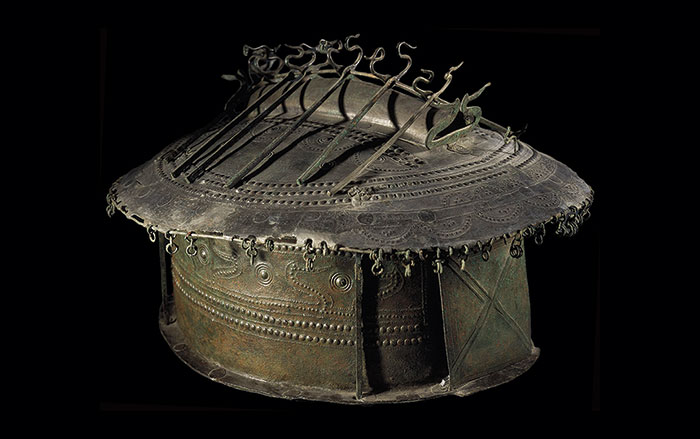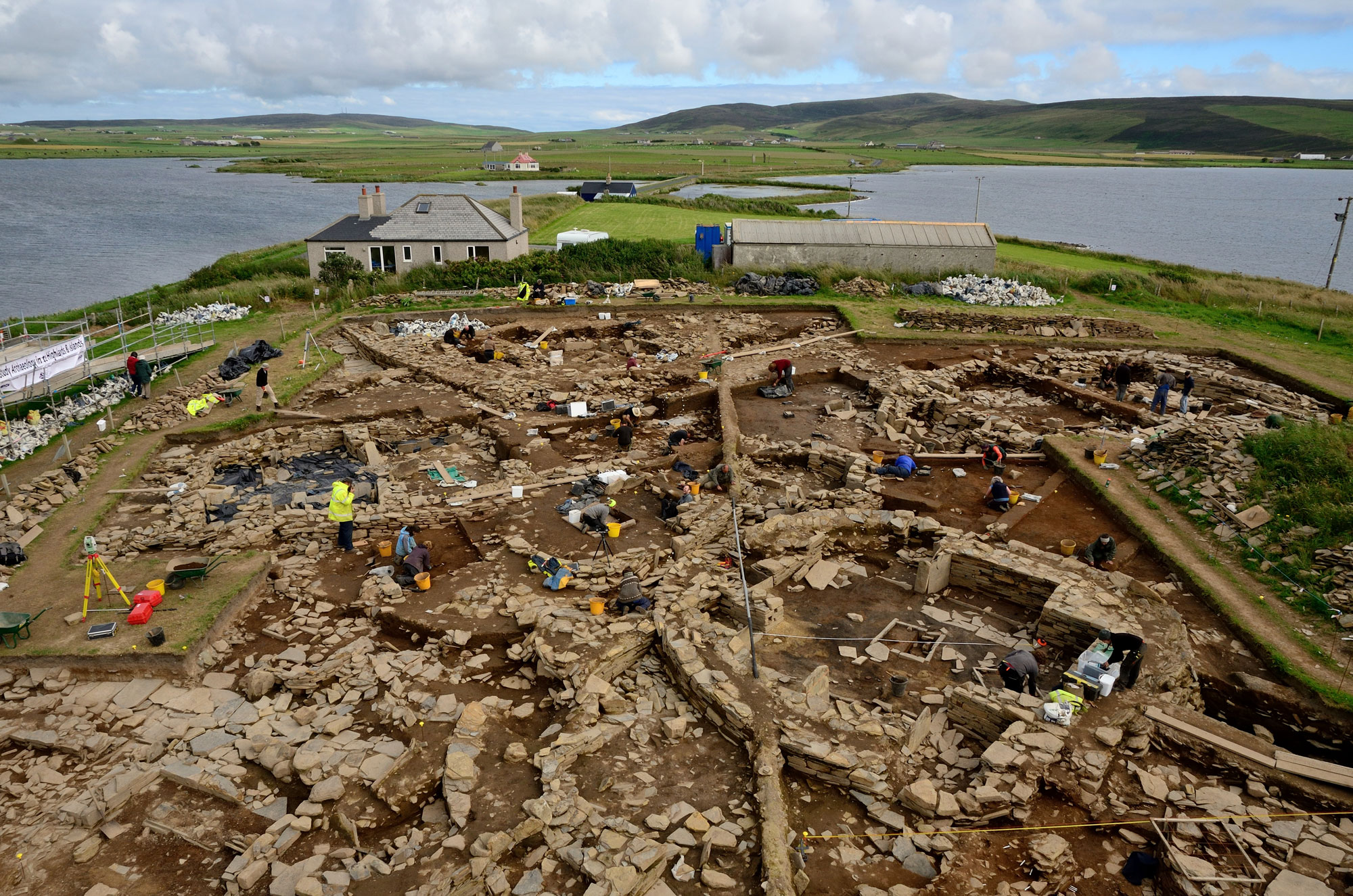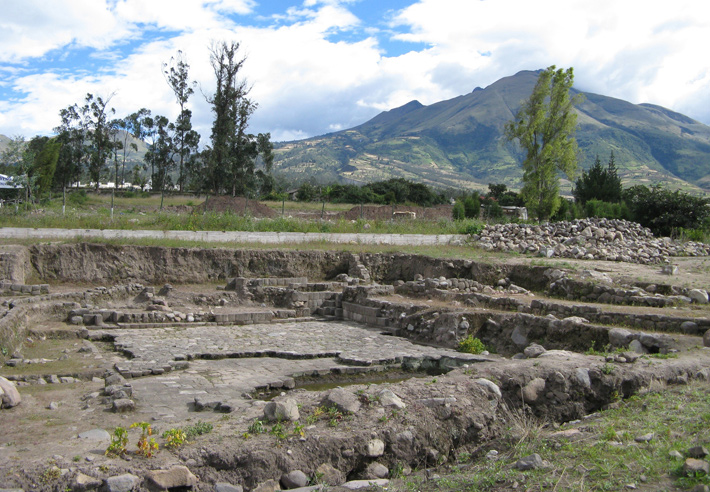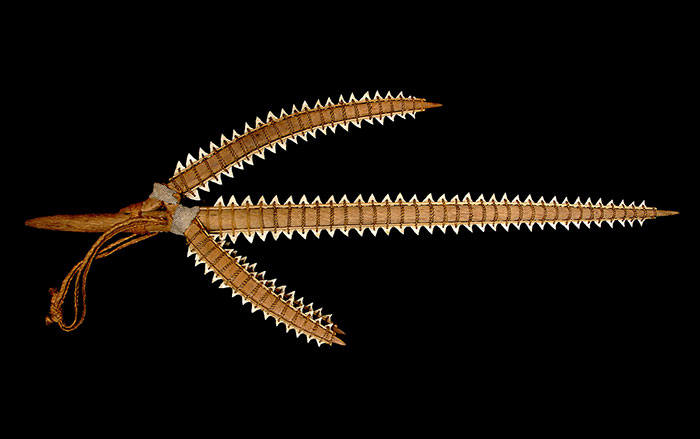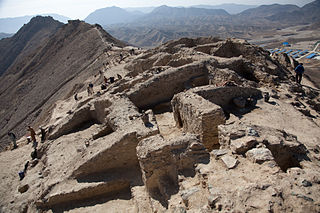
MES AYNAK, AFGHANISTAN—Filmmaker Brent Huffman wants to document the historic significance of the Buddhist monastery site at Mes Aynak, which sits on top of massive copper reserves, in an attempt to save it—or at least record what happens to it. Afghanistan’s Ministry of Mines sold the rights to the copper to the China Metallurgical Group four years ago, but time is running out and archaeologists could be forced to leave the site as early as June. Their salvage excavations have recovered many Buddha statues, engravings, manuscripts, icons, coins, tools, and pots from the ten percent of the site that has been investigated. Experts estimate it would take at least 30 years to excavate 5,000-year-old Mes Aynak properly if an agreement can be reached. “Mes Aynak can become a model case with a win-win outcome, pioneering methods for the extraction of resources in a way that is ecologically, culturally and historically responsible while meeting the needs of social development and the global economy,” according to last year’s report by the Alliance for the Restoration of Cultural Heritage, a non-profit group.





